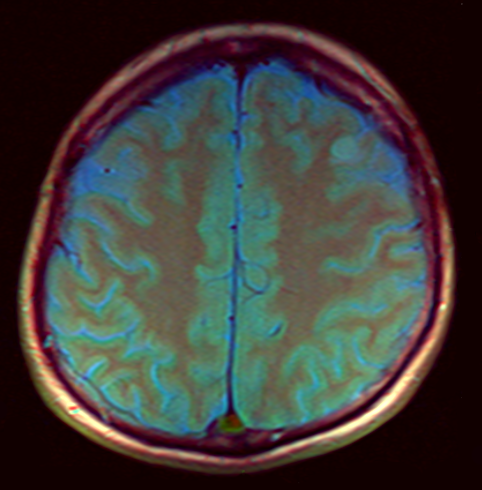
I consider certain truths to be self evident. Like the power of stories to move and persuade people.
So I’m surprised when I have to justify this principle to someone. A while back I was interviewed by a grad student doing research and he wanted to know what facts and evidence I use to support the claim that stories are such an effective tool.
I assured him that I’m not that kind of a speaker — the kind that overloads audiences with all those boring, you know, facts-n-stuff.
To me it’s just natural that we are geared to respond to stories. We’re raised on fairy tales and fables and movies and TV. Story structure — and all the audience expectations that go along with it — becomes embedded in our subconscious.
But I do cite some evidence in the book — like the work of Kendall Haven, who posits that the brain is hard-wired for stories. And I am always happy when I come across other arguments that support my ideas.
Here’s a factoid from a New York Times story that I’ve been using lately in my speeches:
The brain, it seems, does not make much of a distinction between reading about an experience and encountering it in real life; in each case, the same neurological regions are stimulated.
Think about that. As far as the brain is concerned, experiencing an event and just hearing about it are virtually indistinguishable.
And we all know that experience — doing — is a critical way we learn.
(I hope I don’t have to back that point up with evidence!)
